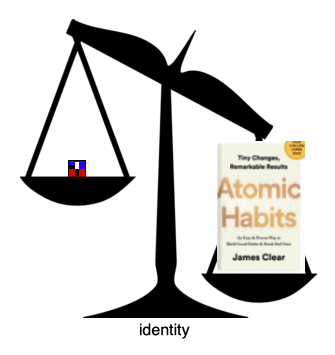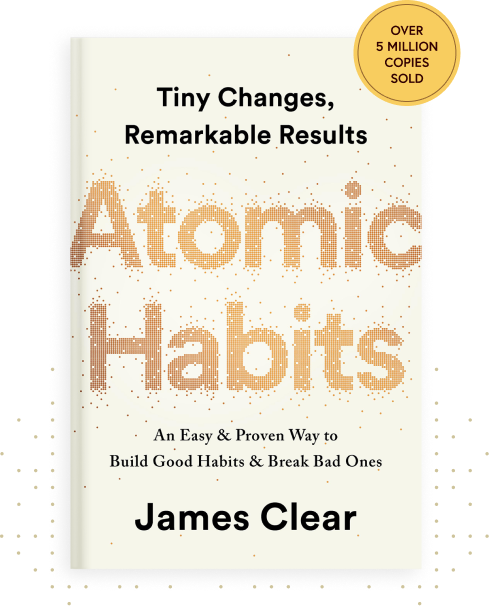How big should your identity be?
Arguments are best when they don’t engage either member’s identities. For this reason, Paul Graham says to keep your identity small. The title summarizes it well, but the why is important.
If you are interested in the truth, then be prepared to follow arguments where they lead instead of letting the identity of the author interfere with your reasoning.

For example, suppose two scientists are publicly debating the precise value of climate sensitivity, but one of the scientists is from Berkeley, where you also went. You both enthusiastically love the Cal Bears and also hate the Colorado Buffaloes. It turns out the other scientist went to University of Colorado. Their debate gets into the details of climate feedback loops and uncertainty calculations, and it’s just above your level of expertise, you only majored in geology, and have only a basic grasp of meterology and climate science. Both debaters seem well-informed, and they keep making good points and good counter points. It’s this kind of situation where identities can substitute for specific knowledge, and in the end, you think the Berkeley scientist did a better job, despite the occasional errors that some over-caffeinated grad student in the front kept pointing out.
Paul Graham recommends that you keep your identity as small as possible, and avoid identifying with things like religions, political parties, philosophies, sports teams, or anything that might interfere with finding the truth. When you identify with a label, you become more defensive of anything that you feel threatens that label. Graham says that
“The more labels you have for yourself, the dumber they make you”.
While being dumb is bad for truth-seeking, it can actually be good for habit formation. Habits are automatic, unthinking (dumb) behaviors.
| In Atomic Habits, James Clear recommends taking the habits you wished you had and working backwards to the identity of the person who does those things. The reason to identify with the kind of person who does (good habit X) is that anything that engages the identity unleashes a fierce defensiveness. |  |
When building good habits, that’s a feature, when attempting to resolve an argument and arrive at the truth, it’s a bug. Just trying to run more rarely works. But becoming a runner, and proving it to yourself with repeated small wins, does work. This means that there is a tradeoff between keeping your identity small and becoming a better version of yourself by expanding your identity. This tradeoff means that you should always have enough of an identity to have stable, healthy habits, but not such a big identity that it starts to get in the way of thinking clearly about the world.